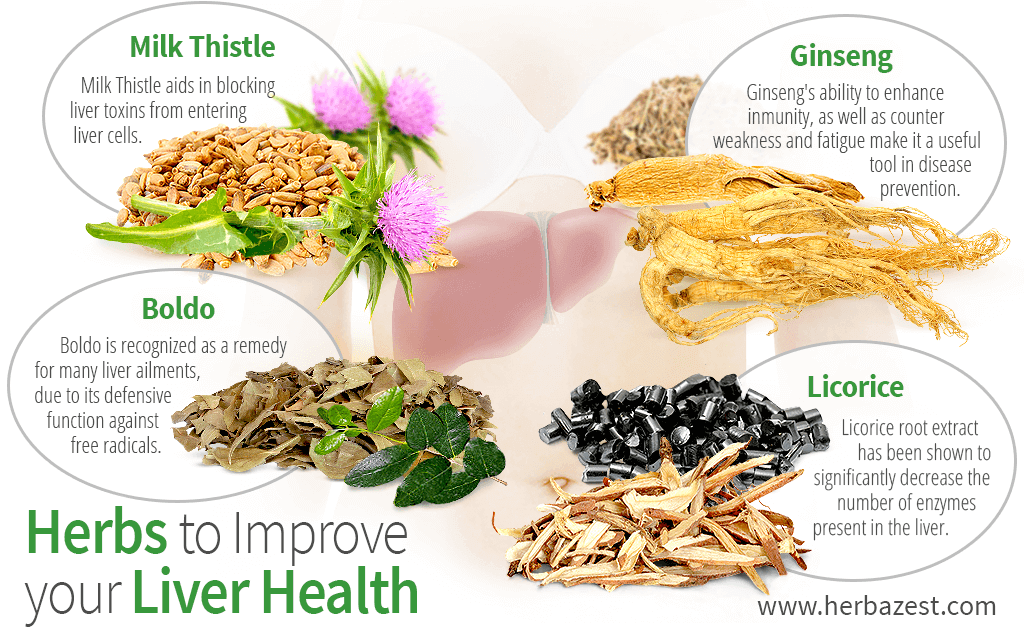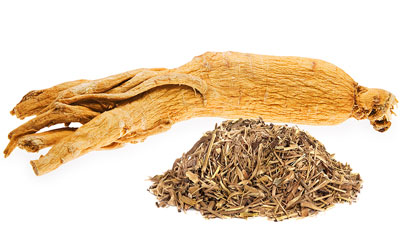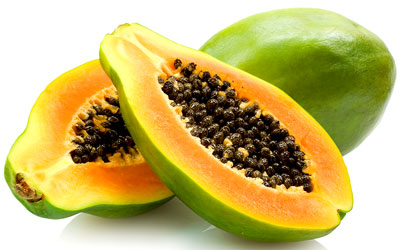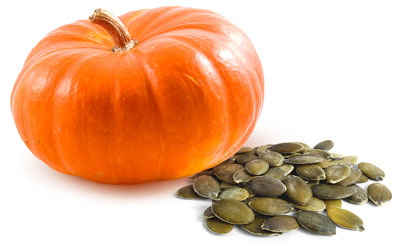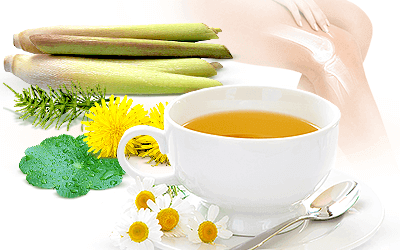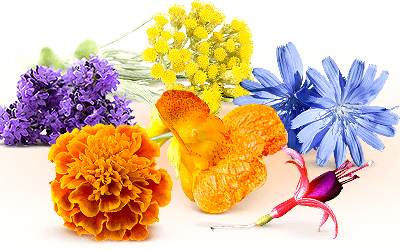The liver has many responsibilities in the human body, including cleansing blood, producing and storing glucose, manufacturing essential proteins, regulating cholesterol, hormones, and the body supply of vitamins and minerals, as well as the production of bile to aid in digestion and the removal of toxins. In order to keep your liver in the best shape possible, it is necessary to understand the importance of a balanced diet, considering the addition of herbs for liver health.
Carotenoids and Liver Health
Carotenoids - such as alpha and beta-carotene, as well as lycopene - are natural protective agents that help to safeguard against free radical-mediated liver damages. Studies have shown that in cases of liver disease at all stages, carotenoid levels are seen to be very low. For that reason, in order to maintain liver health, it is a good idea to ensure you eat food that serves as a good source of carotene.
The most significant sources of carotenoids are fruits and vegetables. Most notably, carrot and pumpkin are excellent sources of alpha- and beta-carotene, while tomato, red-fleshed papaya, guava, and watermelon are high in lycopene. Typically, carotenoids are found in higher concentrations in the peel rather than the pulp of fruit, though carotenoid levels increase significantly throughout the ripening process.
Herbs for Liver Health
There are also several herbs that are important for liver health. The following are particularly beneficial:
Milk Thistle. This herb has antihepatoxic effects, meaning it aids in blocking liver toxins from entering liver cells. Milk thistle can also aid in the repair and regeneration of liver cells.1,2
Ginseng. The effects of this herb are not limited to any one disease. However, ginseng's ability to enhance immune response and counter weakness and fatigue make it a useful tool in preventing liver diseases.3
Licorice. In cases of non-alcoholic fatty liver disease where patients exhibited elevated levels of liver enzymes, licorice root extract was shown to significantly decrease the number of enzymes present in the liver.2.4
Boldo. This herb comes from a Chilean tree. Traditionally used in folk medicine, boldo is recognized as a remedy for many liver ailments as a result of its defensive function against free radicals.5
Herbal Remedies for the Liver
Most herbal remedies for the liver can be administered through infusions, as well as in the form of extracts and supplements. For example, milk thistle extract has been used for many purposes dating back to Ancient Greece. Licorice is another herb that can be taken in extract form. Meanwhile, ginseng and boldo are most effective as infusions.
Your liver is one of the most hardworking and important organs in your body. It helps to remove toxins from your system, thus keeping other organs safe and allowing you to continue leading the lifestyle you desire. Because of the extensive role your liver plays in keeping you healthy, it is imperative that you do all you can to keep it healthy in return. Making healthy food choices and using herbs for liver support are two great ways to maintain the well-functioning of this important organ.
Sources
- Archivos Latinoamericanos de Nutricion, Latin American food sources of carotenoids, 1999
- Canadian Liver Foundation, Liver Diseases and Complications
- Hepatobiliary Surgery and Nutrition, Carotenoids and non-alcoholic fatty liver disease, 2015
- Hepatology, Differential depletion of carotenoids and tocopherol in liver disease, 1993
- Oregon State University, Carotenoids
- Pharmacological Research, Boldo and Boldine: an emerging case of natural drug development, 1994
- Saint Louis University School of Medicine, Liver Center - Liver Disease Facts
- Medicinal Plants of the World, pp. 224, 236, 300
- Phytotherapy Research, The Efficacy of Licorice Root Extract in Decreasing Transaminase Activities in Non-alcoholic Fatty Liver Disease: A Randomized Controlled Clinical Trial, 1998
- Evidence-based Complementary and Alternative Medicine, Pharmacological Effects of Ginseng on Liver Functions and Diseases: A Minireview, 2012
- American Journal of Gastroenterology, Milk Thistle (Silybym marianum) for the Therapy of Liver Disease, 1998
Footnotes:
- Evidence-Based Complementary and Alternative Medicine. (2015). Hepatoprotective Effect of Silymarin (Silybum marianum) on Hepatotoxicity Induced by Acetaminophen in Spontaneously Hypertensive Rats. Retrieved July 7, 2022 from: https://www.ncbi.nlm.nih.gov/pmc/articles/PMC4363982/
- Phytomedicine. (2015). Glycyrrhizin, silymarin, and ursodeoxycholic acid regulate a common hepatoprotective pathway in HepG2 cells. Retrieved July 7, 2022 from: https://pubag.nal.usda.gov/catalog/5532646
- Nutrition Research and Practice. (2020). Antioxidant and hepatoprotective effects of Korean ginseng extract GS-KG9 in a D-galactosamine-induced liver damage animal model. Retrieved July 7, 2022 from: https://www.ncbi.nlm.nih.gov/pmc/articles/PMC7390743/
- International Journal of Molecular Sciences. (2011). Hepatoprotective and Antioxidant Effects of Licorice Extract against CCl4-Induced Oxidative Damage in Rats. Retrieved July 7, 2022 from: https://www.ncbi.nlm.nih.gov/pmc/articles/PMC3210994/
- Planta Medica. (1991). Hepatoprotective and anti-inflammatory effects of a traditional medicinal plant of Chile, Peumus boldus. Retrieved July 7, 2022 from: https://pubmed.ncbi.nlm.nih.gov/1891491/


